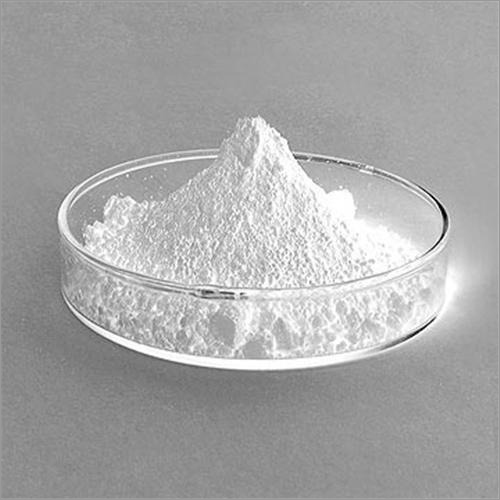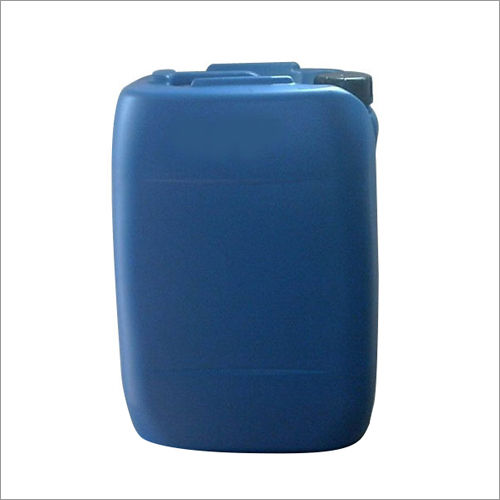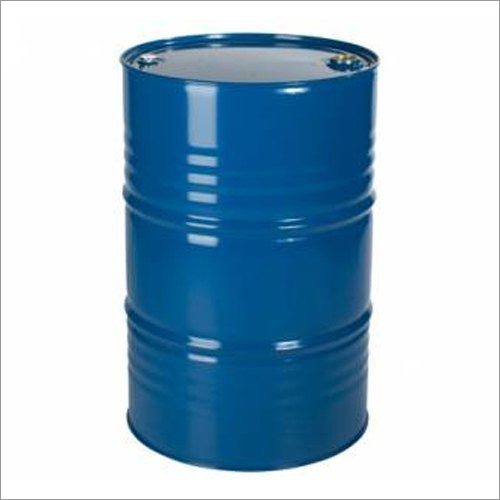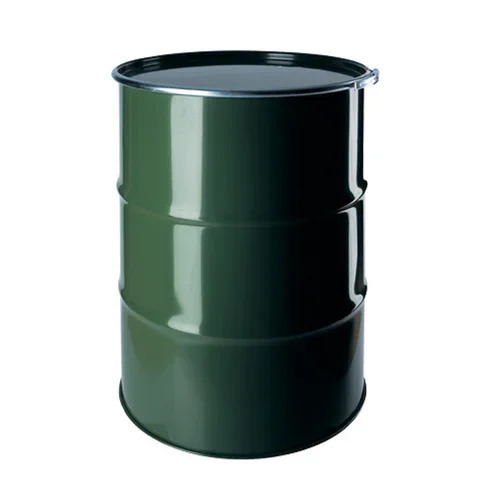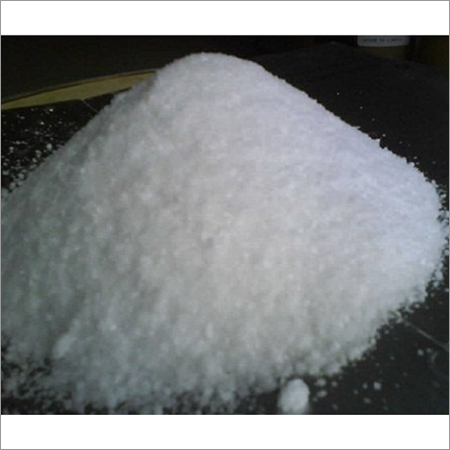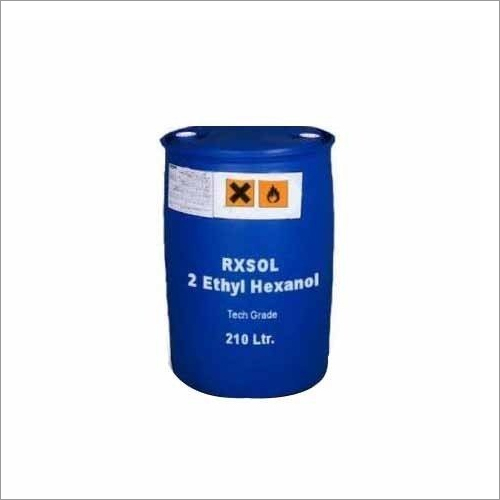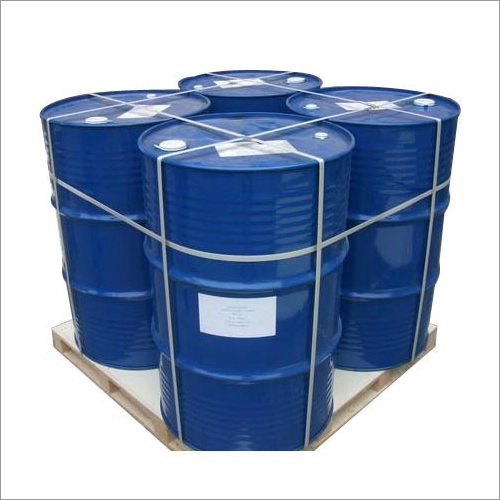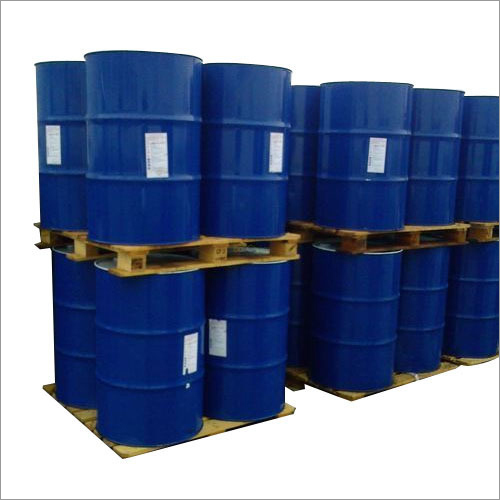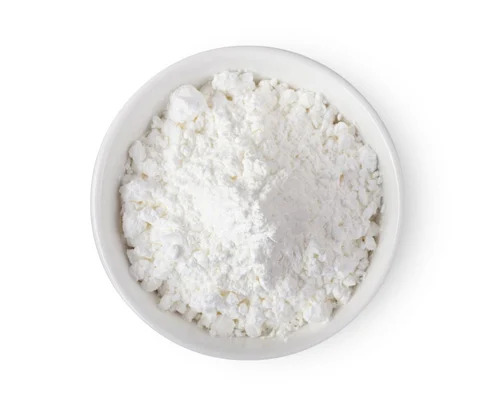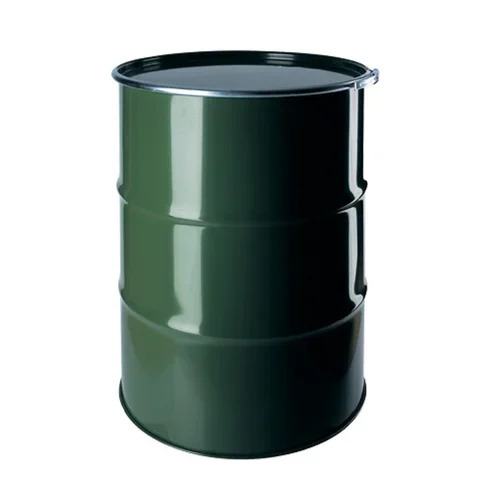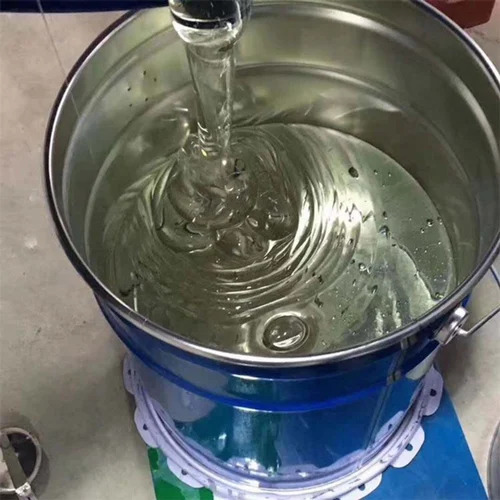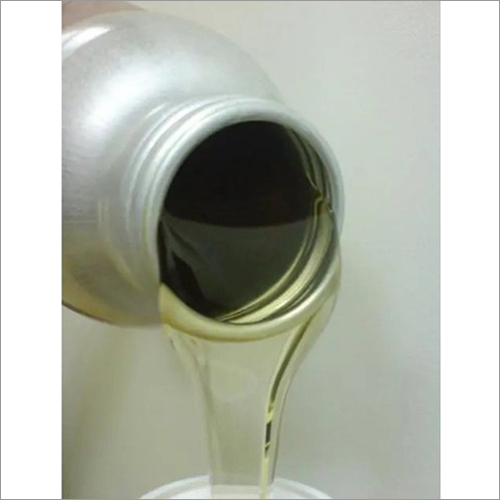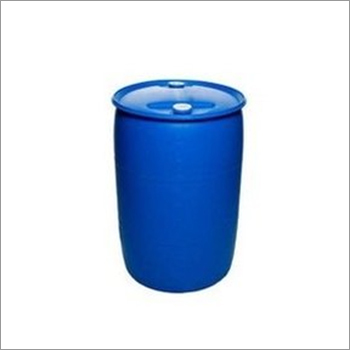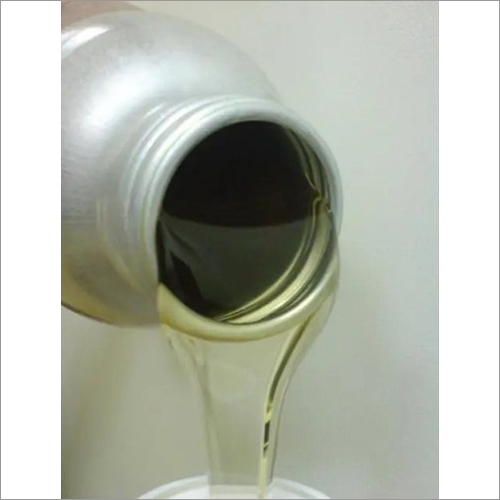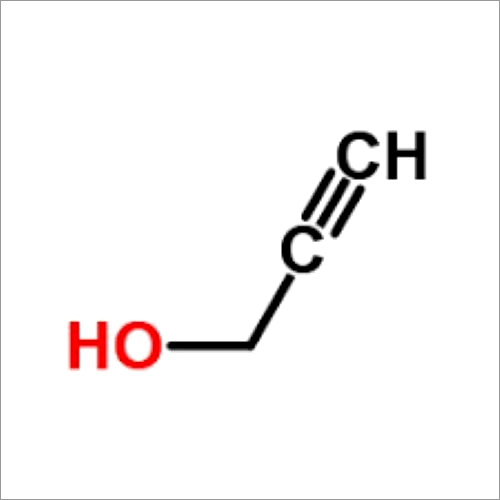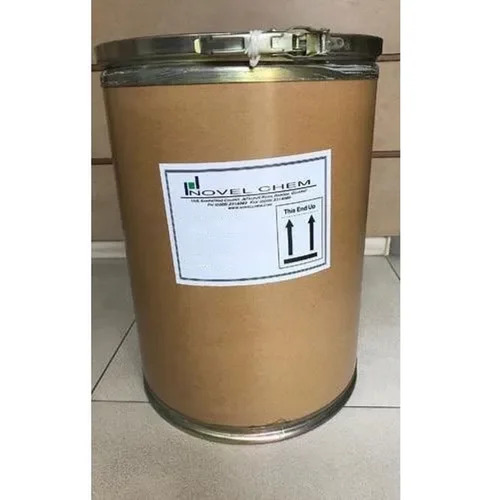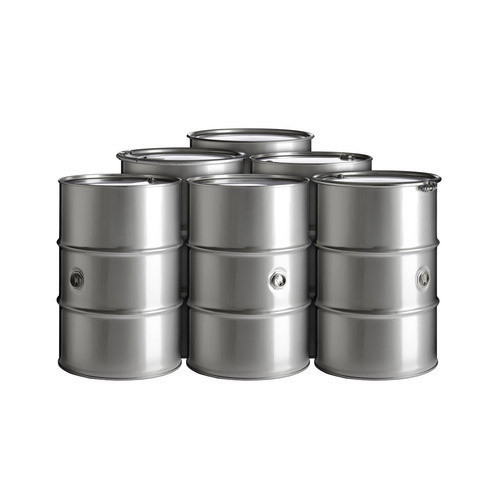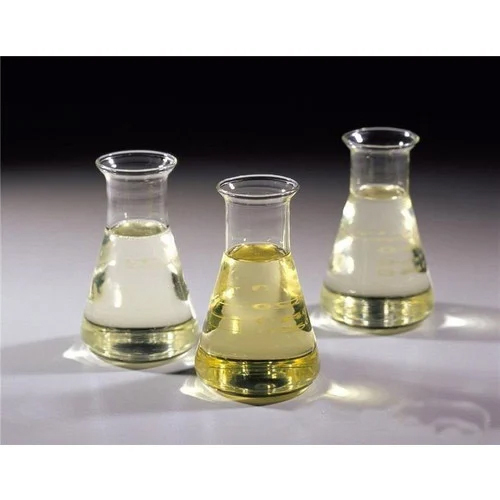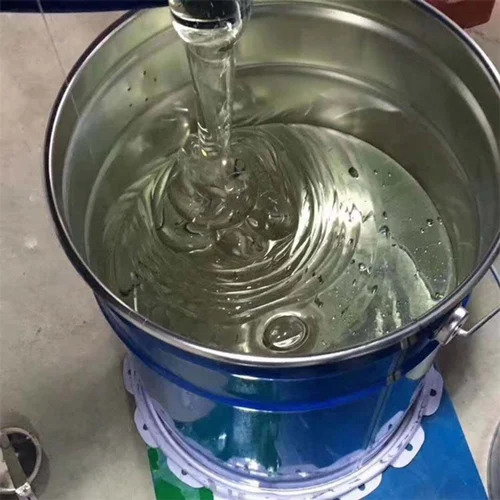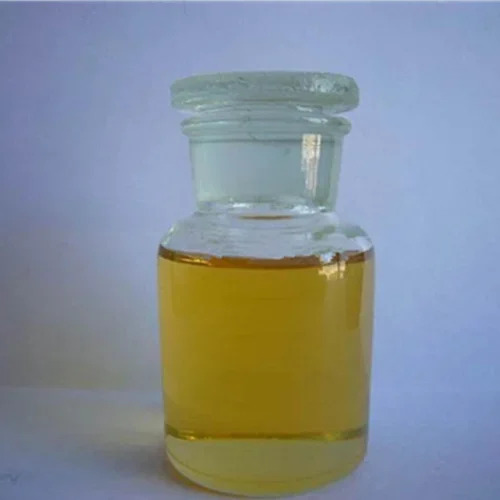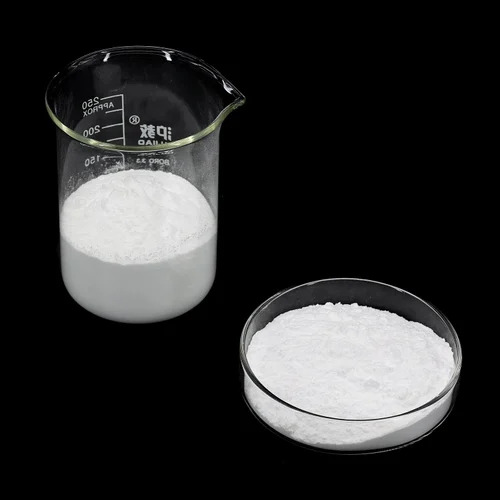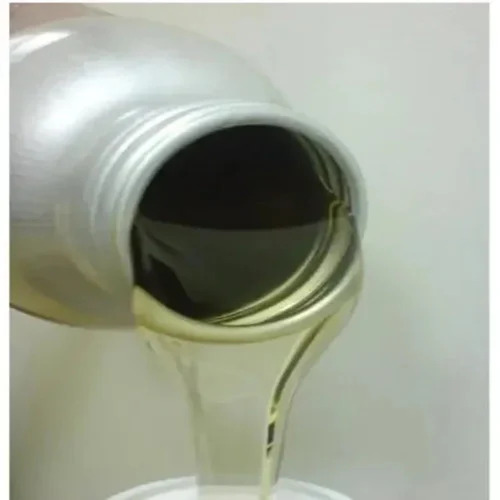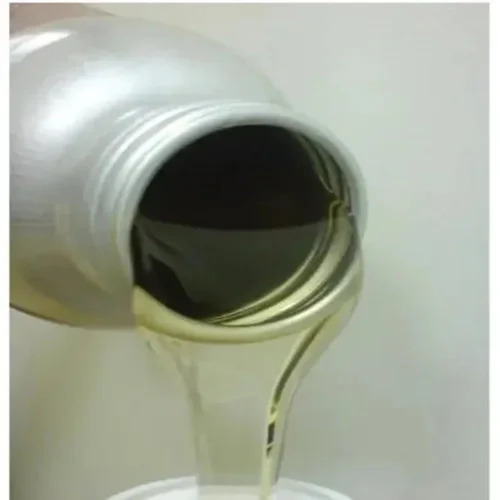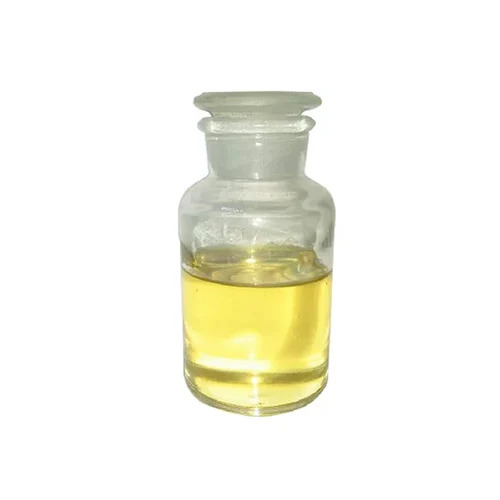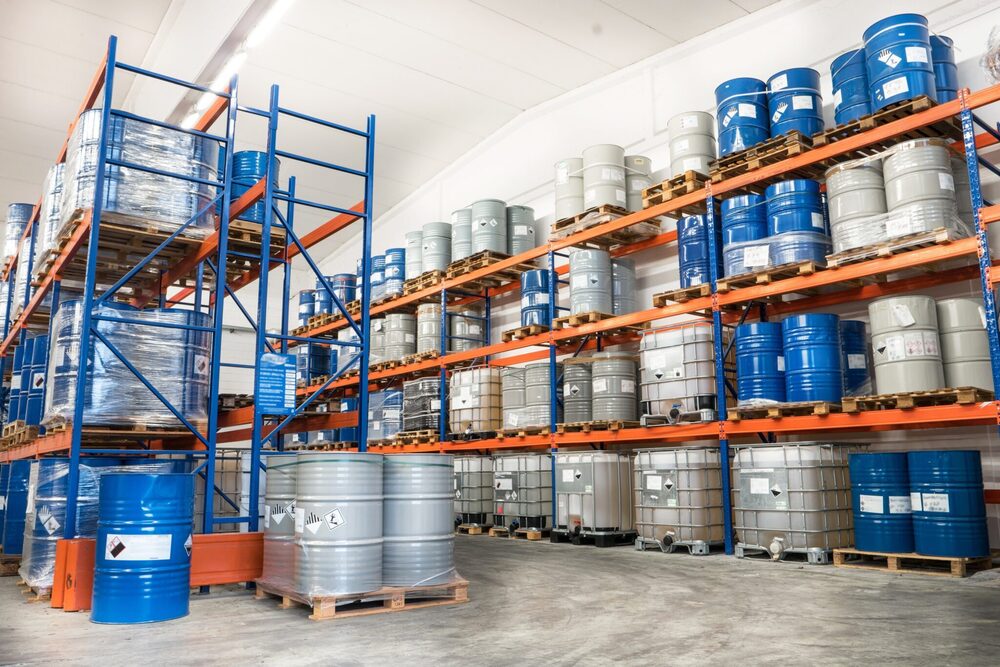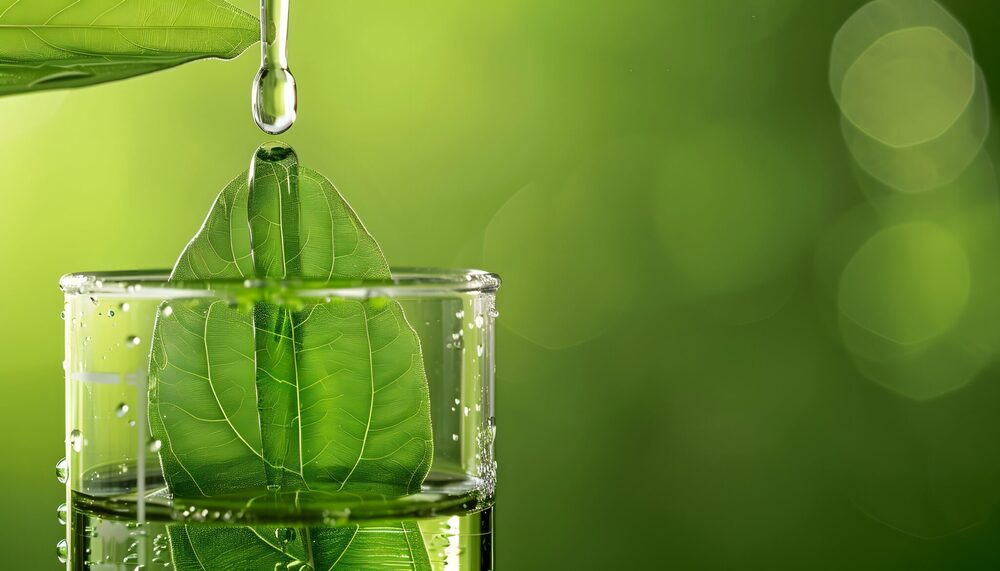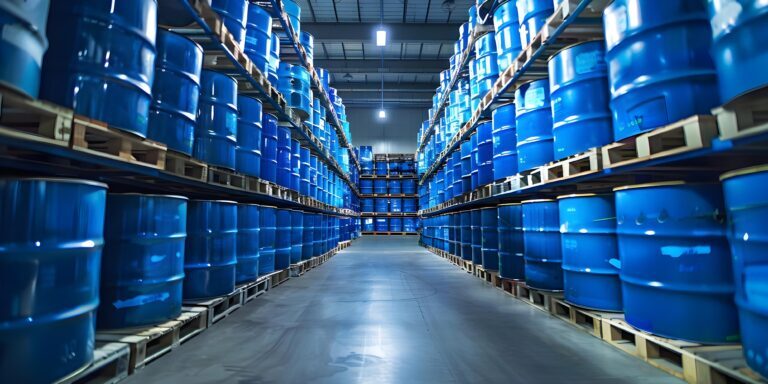Showroom
Speciality Chemical is used to enhance manufacturing processes and as constituents in final goods. They have great performance standards in a variety of sectors ranging from specialty polymers and nanomaterials to food additives, flavors, and fragrances. They are very effective and economical to use.
Glycidyl Ether is used to increase elongation, flexibility, and impact strength while improving mechanical and thermal shock resistance. They are very easy to use and simple to handle. They can be utilized as surface cross-linking agents in superabsorbent polymers.
Epoxy Resin is heat and chemical resistant, making them an excellent choice for anybody who needs a solid grasp under pressure. It's worth noting, though, that epoxy glue isn't considered water-resistant. The use of this resin for adhesive purposes is one of the most popular applications.
Epoxy Hardener reacts with epoxy resins to produce rigid, thermoset materials. They are very cost-effective and can be easily availed at affordable rates, for our valued customers. Hardness, glass transition temperature, and tensile strength are examples of thermoset performance. They are very effective and safe to use.
Phthalic Anhydride Chemical is used to make phthaleins and other colors, resins, plasticizers, and insecticides. Besides, they are also used to make polyester resins, as well as alkyd resins. This colorless solid is a crucial industrial chemical, particularly in the manufacturing of plasticizers on a big scale.
Alcohol Chemical is a commonly used solvent. It is reasonably safe and may be used to dissolve a wide range of organic compounds that are water-insoluble. It's found in a variety of fragrances and cosmetics. This is very effective and safe to use.
Bisphenol Chemical is a chemical that is manufactured in huge amounts for usage in polycarbonate plastics. Shatterproof windows, eyeglasses, water bottles, and epoxy resins that cover some metal food cans, bottle caps, and water supply pipes are among the items that include it. It is very effective and economical to use.
Epoxy Accelerator is provided to our customers at a low cost. This accelerator is very much liked and highly appreciated by people, in the market. Fast epoxy hardening at room temperature is possible with this very efficient epoxy accelerator for amine hardening epoxy-based systems.
Neopentyl Glycol is very effective and safe to use. Adhesives and sealants, paints and coatings, and paper goods are all used by consumers. Dyes, functional fluids in closed systems, intermediates, lubricants and lubricant additives, paint and coating additives are among the industrial uses for the flammable organic compound.
Casting Resin is an elastomer composition that may be poured into molds or utilized to build objects in situ. It is used in molds for semiconductors, generators and motors, coils and transformers, switches and circuit breakers, and more. This is very safe to use and requires low maintenance.
Fiberglass Epoxy Resin is the substance of choice for filling holes, sealing fractures, and mending breaks in fiberglass, wood, concrete, and metal. This 100 percent waterproof glue may be used for hundreds of repair jobs, including vehicles, trucks, pools, showers, boats, and more, when combined with cloth tape or matting.
Polyurethane Resin is widely utilized as wood and floor coatings, plastic coatings, and sealers because of their superior water resistance, chemical resistance, and hardness. The PU coating has incredibly strong water repellent properties, and can even make materials entirely waterproof. This is very cost effective to use.
Tertiary Butanol functions as a xenobiotic metabolite in humans. It's made from an isobutane hydride. The colorless liquid or crystalline solid has a mothball-like odor. It's used to make tastes and fragrances, as well as a medicinal solvent, a paint stripper, and an unleaded gasoline additive.
Reactive Diluent is typically added to tablets when the active ingredient is in a low dosage and to improve powder flow and compaction qualities before direct compression. An aliphatic, non-hazardous functional diluent decreases epoxy resin viscosity, increases performance, and improves impact and abrasion resistance.
Propargyl Alcohol is a clear to pale yellow liquid with a geranium-like odour. It's employed as a corrosion inhibitor, solvent stabiliser, and chemical intermediary, among other things. It's utilised as a corrosion inhibitor, a metal complex solution, a solvent stabiliser, and a brightener additive in electroplating.
Specialty chemicals are a diverse category of chemical products that are designed to meet specific performance requirements for a wide range of industrial and consumer applications. These chemicals can be used in a variety of industries, including pharmaceuticals, agriculture, automotive, electronics, and personal care products. Some examples of specialty chemicals include adhesives, coatings, surfactants, catalysts, and polymers. They are often produced in smaller quantities and require specialized knowledge and expertise to manufacture and use.
Phthalic anhydride is an important chemical intermediate that is used primarily in the production of phthalate plasticizers, which are widely used in the production of PVC plastics. It is also used in the production of alkyd resins for coatings and paints, polyester resins for fiberglass-reinforced plastics, and in the production of dyes and pigments. Phthalic anhydride is produced through the oxidation of ortho-xylene or naphthalene and is a white crystalline solid that is soluble in hot water, alcohols, and most organic solvents.
Alcohol is a broad category of organic chemicals that contain one or more hydroxyl (-OH) groups attached to a carbon atom. The most common alcohol is ethanol, which is used as a fuel, solvent, disinfectant, and in alcoholic beverages. Other alcohols include methanol, isopropyl alcohol, and butanol, which are used in a variety of industrial applications such as fuel, solvent, and chemical intermediate for the production of other chemicals. Alcohols can be produced by fermentation, synthesis from olefins, or by reduction of aldehydes and ketones.
 |
NOVEL CHEM
All Rights Reserved.(Terms of Use) Developed and Managed by Infocom Network Private Limited. |

